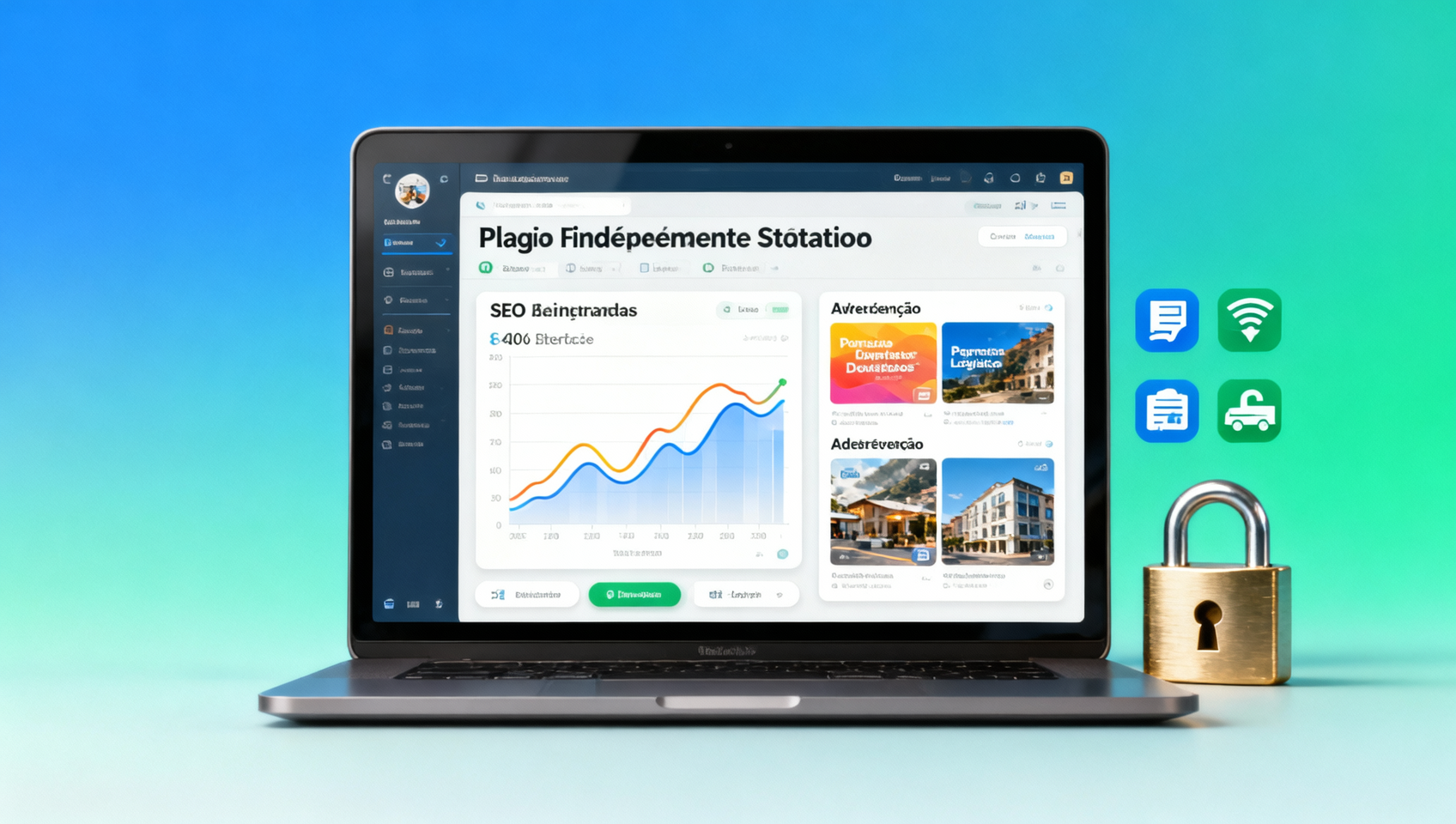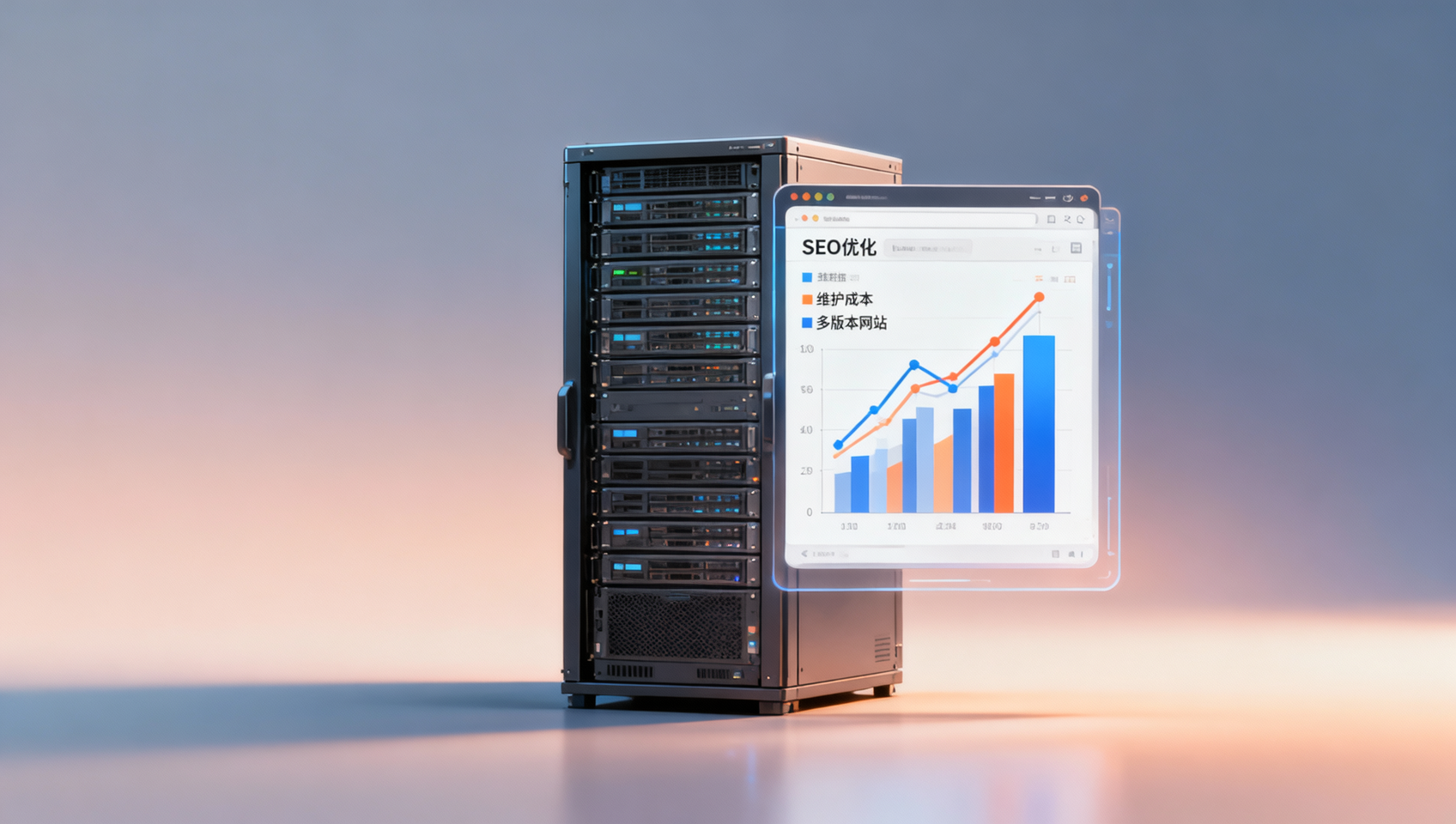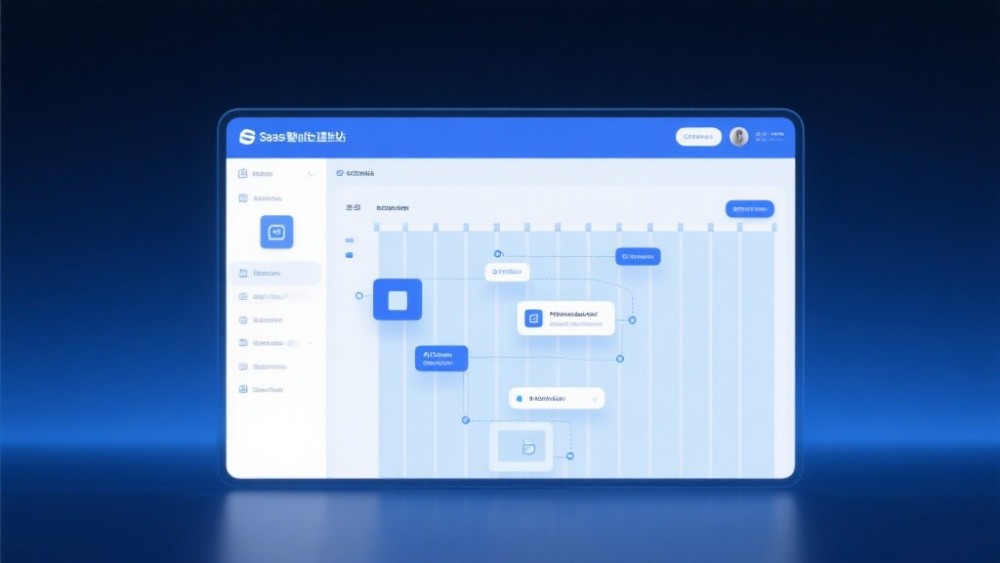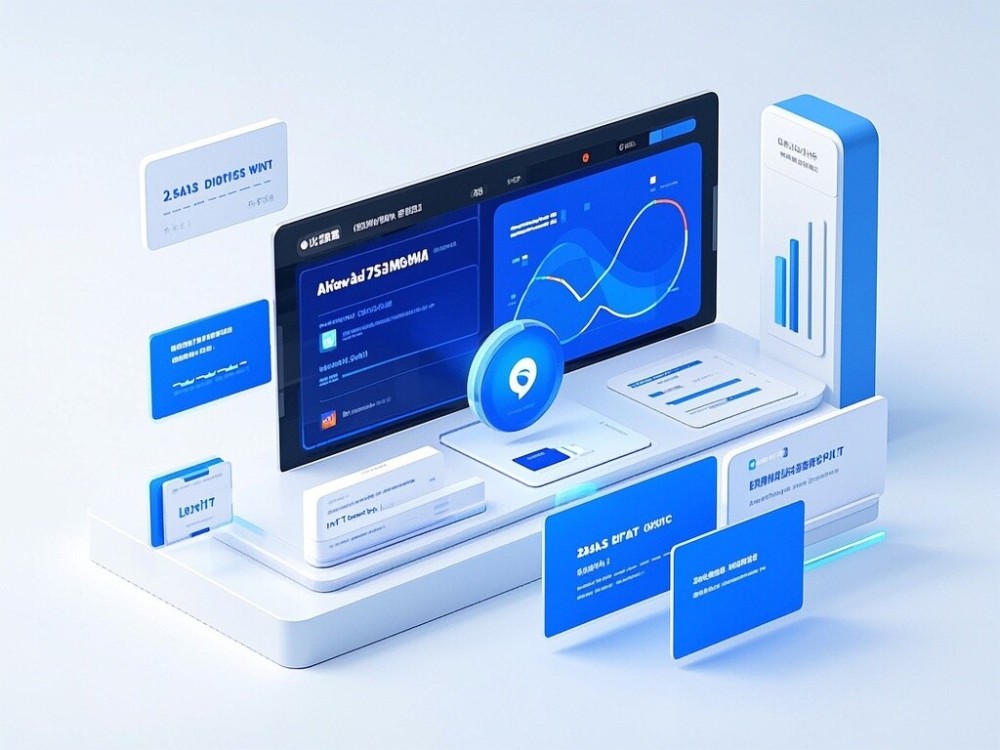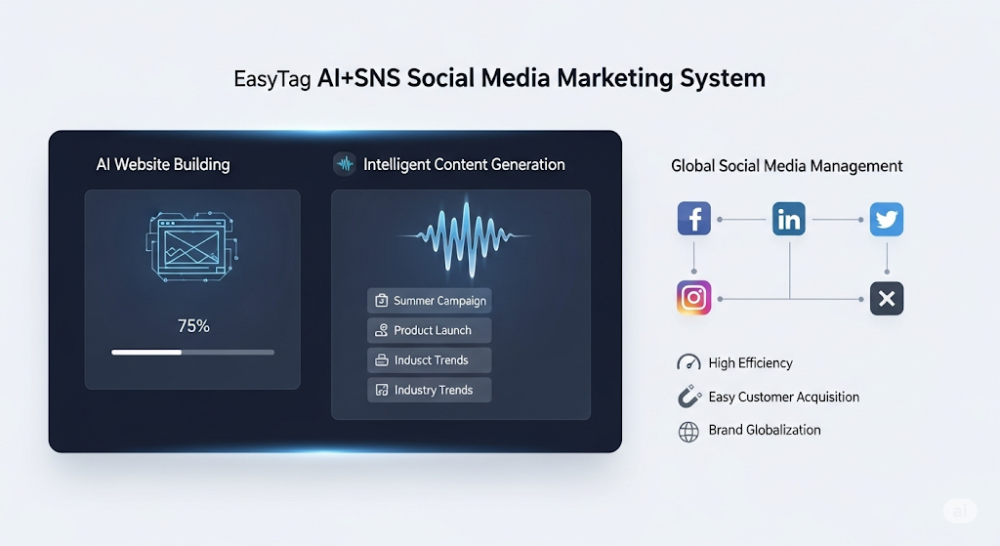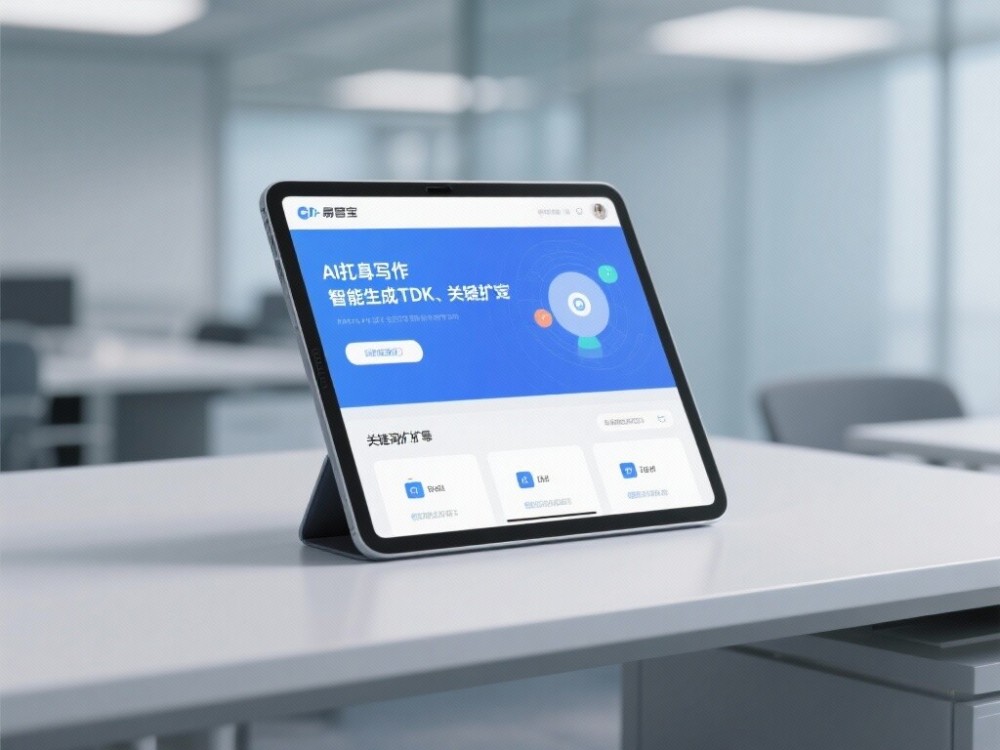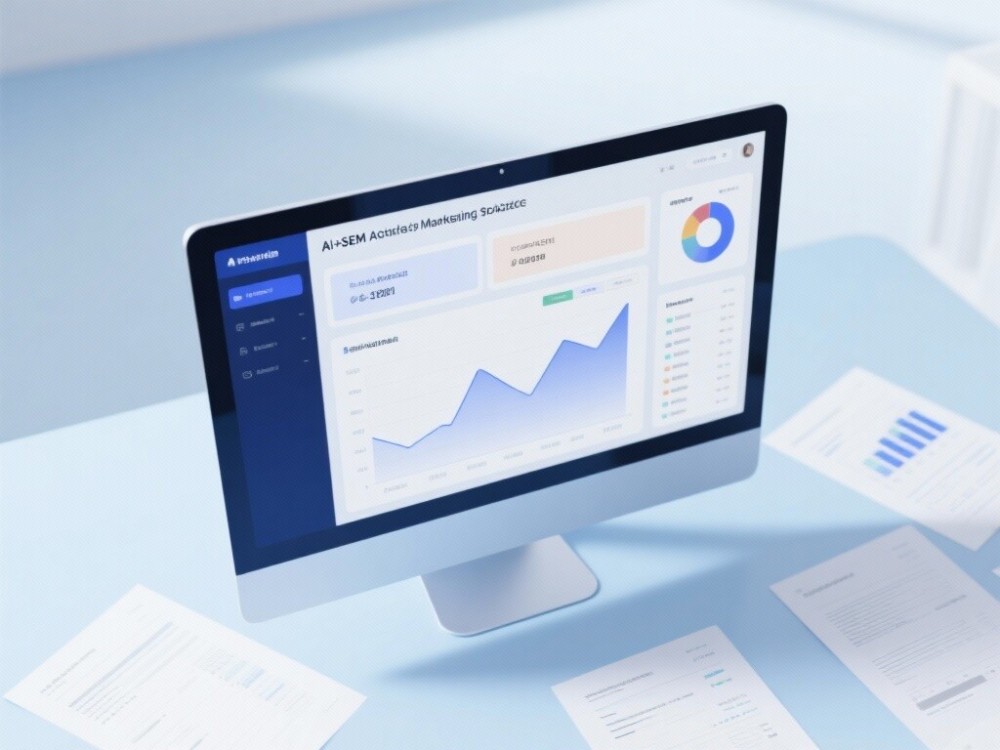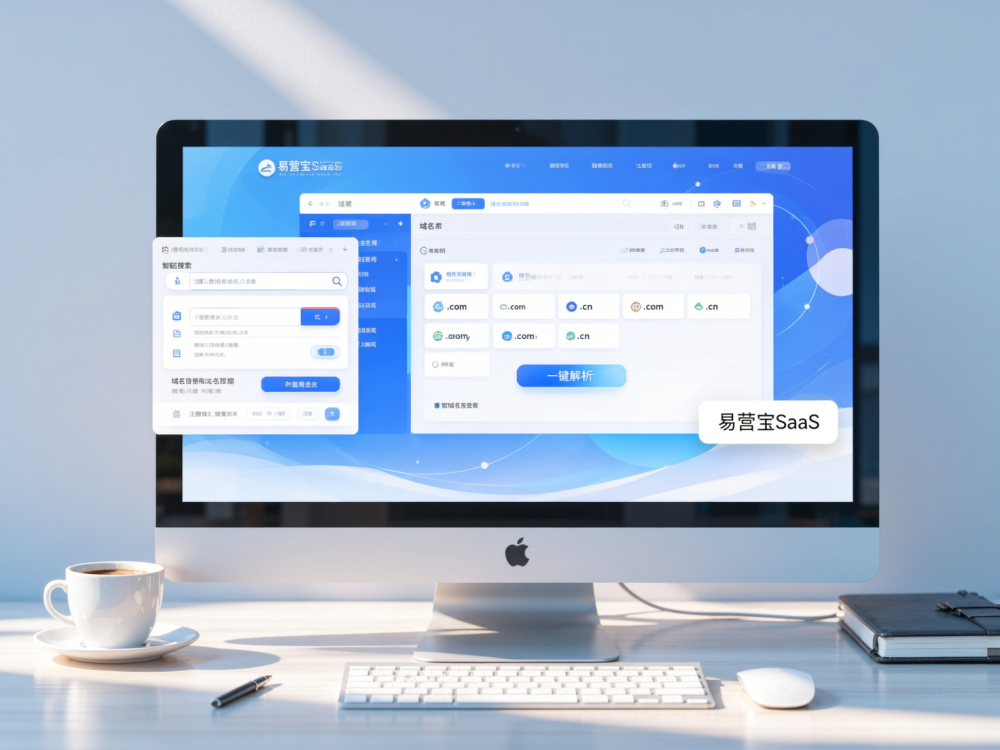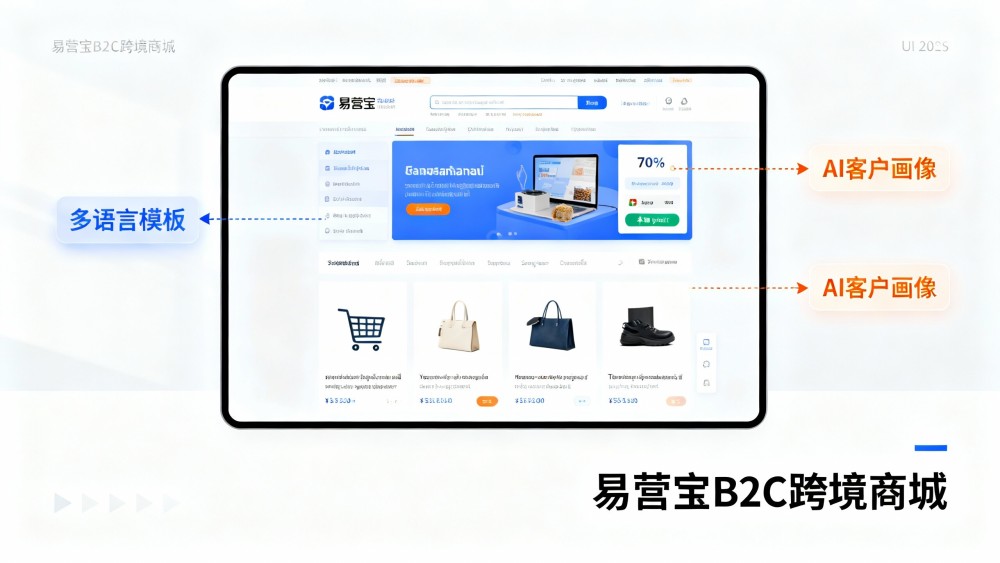- Which company is reliable for multilingual website development in Jieyang? 6 evaluation criteria and a blacklist/whitelist2026-02-25View details
- From Decision to Implementation: How Shijiazhuang Enterprises Can Align Eyingbao Smart Website Pricing Strategies with Project Management Rhythms?2026-02-25View details
- How can intelligent website building platforms achieve automatic SEO? Not all 'automatic' means compliant | 2026 search engine new rules interpretation2026-02-25View details
- B2B Foreign Trade Website Price Comparison: 2026 Pricing Overview of 5 Mainstream Systems with Multilingual Modules2026-02-24View details
- Is a multilingual website really worth it? 2026 Global Procurement Buyer Language Preference Whitepaper2026-02-24View details
- Is multilingual support for independent websites necessary? 2026 B2B export enterprise localization penetration rate data reveals the truth2026-02-24View details
Global Website SaaS Platform vs Self-Built Independent Site: Cost, Speed, Conversion - Which is Worth Investing In?
Multi-language website systems and self-built independent sites, detailed comparison of costs, speed, and conversion to aid operational decision-making. This article targets researchers and users/operators, focusing on the three key dimensions most relevant to B2B foreign trade enterprises when choosing between global website SaaS platforms and self-built independent sites: cost investment, launch speed, and conversion effectiveness. The article combines industry practices and technical insights, analyzing the pros and cons of different approaches, providing actionable decision logic and operational recommendations to help project leaders and operational teams make grounded decisions.

Cost Comparison: Upfront Investment, Recurring Fees, and Hidden Costs
In terms of cost, enterprises often weigh global website SaaS platforms against self-built independent sites. The advantage of SaaS platforms lies in lower upfront investment: templated construction, hosted servers, and built-in security protections and CDN are typically included in subscription fees, making them ideal for teams looking to quickly validate market assumptions. The monthly/annual subscription model externalizes basic operations, labor, and iteration costs, making budgets more predictable. However, long-term subscription fees, API expansions, or high-traffic packages can accumulate costs, requiring ROI models for evaluation.
Self-built independent sites involve higher initial costs, including domains, servers, development, design, security hardening, and compliance adaptations. For enterprises with complex business logic, deep customization needs, or strong data sovereignty demands, independent sites offer greater control and customization. However, hidden costs must be noted: ongoing technical personnel expenses, cross-region CDN and compliance investments, and long-term SEO and content operations expenditures.
Practical recommendation: Small and medium-sized foreign trade teams prioritizing cost efficiency should first evaluate global website SaaS platforms and multi-language website systems, leveraging their multilingual capabilities to quickly reach target markets. For high-traffic enterprises or those integrating complex supply chains, a TCO (Total Cost of Ownership) comparison is recommended, factoring in long-term development iterations and data analytics tools.
Speed: Time-to-Launch Costs and Regional Performance Optimization
Launch speed directly impacts business validation cycles and market responsiveness. The core advantage of global website SaaS platforms lies in standardized workflows: templates, TDK generators, AI translation, and one-click deployment can compress launch cycles to days or weeks, especially suitable for foreign trade scenarios requiring simultaneous multilingual versions. EasyYunbao's multi-language website system already supports AI translation for English, Chinese, and other languages, improving page load speeds by 40% through server clusters across seven continents—key for reducing bounce rates and boosting initial conversion.
Self-built independent sites typically involve more upfront work: requirement reviews, system design, front-end and back-end development, testing, and cross-border compliance, potentially extending timelines to months. While independent sites excel in highly customized needs, speed disadvantages in fast-changing markets may lead to missed opportunities. To balance speed and control, enterprises can adopt phased launch strategies: first using SaaS platforms or lightweight independent domains for validation, then advancing to deeper customization.
Additionally, regional performance optimization and CDN deployment are foundational for cross-border operations. Website services with global CDN, automatic SSL, and DDoS protection significantly reduce conversion losses due to latency. Evaluations should focus on actual Ping, TBT, and LCP metrics rather than conceptual promises.
Conversion and SEO: Content, Technology, and Advertising Synergy
In conversion, the website approach alone doesn’t determine success; it hinges on content and technical synergy. Multi-language foreign trade website systems integrating AI-driven content generation, intelligent TDK generators, and automated internal linking can quickly build semantic coverage and landing pages, enhancing organic traffic quality. EasyYunbao's AI marketing engine capabilities—like AI keyword expansion, automated TDK generation, and AI image creation—help foreign trade systems expand long-tail keyword coverage at low cost, boosting conversion rates.
Self-built independent sites have natural SEO advantages: finer URL structures, schema markup, and custom templates aid long-term brand equity and weight accumulation. But this requires ongoing technical SEO audits, page speed optimization, and backlink management; otherwise, ranking volatility or traffic loss may occur. Evaluation metrics should include page load speed, mobile-friendliness, structured data coverage, and indexing efficiency.
Implementation tip: For rapid market validation and low-cost acquisition, start with global SaaS platforms and multi-language systems to build foundational traffic pools, complemented by social media and PPC strategies. Tools like AI+SEO dual-engine optimization services can streamline AI keyword mining, batch content creation, and real-time performance monitoring to improve output efficiency and ranking stability.
Operations and Long-Term Maintenance: Data-Driven, Social Integration, and PPC Optimization
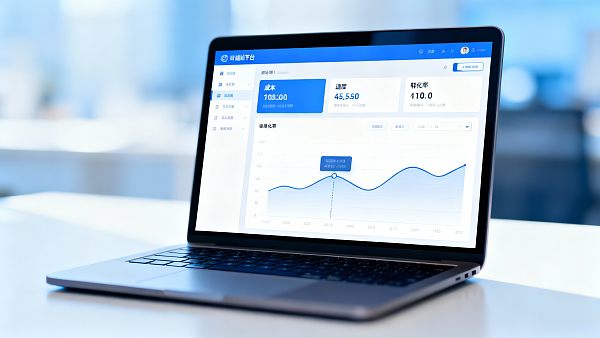
Websites are just the starting point; long-term traffic and conversion depend on operational capabilities. Whether choosing global SaaS or self-built sites, enterprises must build closed-loop systems integrating analytics, social marketing, and PPC. Analytics tools provide real-time keyword performance, user paths, and channel ROI for quick decisions; social marketing builds brand voice and inbound channels; PPC amplifies high-intent traffic to fill organic gaps.
Organizationally, cross-functional "tech-content-media" teams with clear KPIs and data gatekeepers ensure quantifiable optimizations. Technically, focus on automation: automated TDK, image ALT optimization, smart internal linking, and page speed diagnostics are key to operational efficiency and traffic quality.
Finally, compliance and security cannot be overlooked. Cross-border payments, privacy regulations, and local laws impact launch and ad strategies. Providers with localized compliance expertise and global service networks significantly reduce compliance costs and improve ad efficiency.
Summary and Action Guide
In summary: For rapid validation, low-cost multilingual expansion, and quick launches, global SaaS platforms and multi-language systems are ideal; for high customization, long-term brand equity, and deep technical control, self-built independent sites are superior. Regardless of the path, integrating analytics, social marketing, and PPC ensures sustained tech-content synergy.
With a decade of industry expertise, global server networks, and AI-driven marketing stacks, EasyYunbao offers end-to-end capabilities from construction to conversion, ideal for foreign trade teams balancing speed, cost, and results. For further path comparisons or customized evaluations, contact us to explore solutions and trials, or click to learn about specific features and case studies: AI+SEO dual-engine optimization services. Contact us now to take the next step in global growth.
- Bidding ranking
- Foreign Trade Website
- Data analysis tools
- Social Media Marketing
- Campbell (name)
- SEO
- Independent site
- AI Translation
- AI Marketing Engine
- Multilingual Foreign Trade Website System
- Global Website SaaS Platform
- Foreign Trade Website System
- Multilingual Website System
- Foreign Trade Marketing System
Related Articles
![One-stop solution: How multilingual website cloud floating service providers complete demand assessment within 48 hours One-stop solution: How multilingual website cloud floating service providers complete demand assessment within 48 hours]() One-stop solution: How multilingual website cloud floating service providers complete demand assessment within 48 hours
One-stop solution: How multilingual website cloud floating service providers complete demand assessment within 48 hours![Pricing Guide: Portuguese Independent Website Construction Company - 8 Essential Services from Ground Zero to Launch Pricing Guide: Portuguese Independent Website Construction Company - 8 Essential Services from Ground Zero to Launch]() Pricing Guide: Portuguese Independent Website Construction Company - 8 Essential Services from Ground Zero to Launch
Pricing Guide: Portuguese Independent Website Construction Company - 8 Essential Services from Ground Zero to Launch![Comparison of Heyuan Multilingual Website Construction and Traditional Website Construction: SEO Performance and Maintenance Cost Evaluation Comparison of Heyuan Multilingual Website Construction and Traditional Website Construction: SEO Performance and Maintenance Cost Evaluation]() Comparison of Heyuan Multilingual Website Construction and Traditional Website Construction: SEO Performance and Maintenance Cost Evaluation
Comparison of Heyuan Multilingual Website Construction and Traditional Website Construction: SEO Performance and Maintenance Cost Evaluation
Related Products



